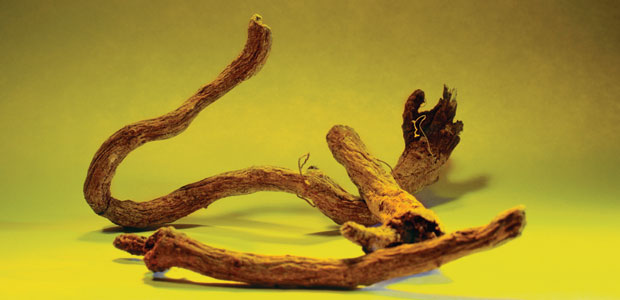Advertisement
Echinacea
Does echinacea work or not? Recent news reports were hard to miss: three major studies trashing echinacea in the last year alone. So what is the truth? The first thing to understand is that each of the three studies was seriously flawed. Not only did the three studies actually involve many of the same researchers … Continued

Does echinacea work or not? Recent news reports were hard to miss: three major studies trashing echinacea in the last year alone. So what is the truth?
The first thing to understand is that each of the three studies was seriously flawed. Not only did the three studies actually involve many of the same researchers looking at the same data each time, but also the studies used the incorrect amount and concentration of echinacea. Once you throw out the flawed studies, you find that there are numerous studies left that support the efficacy of echinacea.
The Truth About Echinacea
Echinacea is truly a miracle herb. First, it contains a natural antibiotic called echinacoside which is actually comparable to penicillin in effect. It can kill a broad range of viruses, bacteria, fungi, and protozoa. It is also invaluable in healing wounds and treating infectious diseases.
Second, echinacea contains echinacein, a biochemical that protects against germ attacks by neutralizing the tissue-dissolving enzyme, hyaluronidase, produced by many germs. Studies show that echinacea contains substances that boost the ability of your body’s macrophages to destroy germs. Another study from the University of Munich shows that echinacea extracts boost T-cell production by as much as 30 percent more than immune-boosting drugs.
Lastly, new research found that compounds in echinacea called isobutyl amides are involved in the body’s immune response. These biochemicals might explain why several studies have found echinacea, when taken during the onset stage of infection, to be effective in reducing the symptoms of colds.
If you are still not convinced, there is more valid evidence that echinacea is an effective treatment for cold symptoms. Herbal guide book, Commission E Monographs reports that echinacea preparations “support and promote the natural powers of resistance of the body, especially in infectious conditions of the nose and throat.”
In a 2005 review conducted by McGill University, entitled Echinacea: A Miracle Herb against Aging and Cancer? Evidence in vivo in Mice, researchers made the following conclusion: “Our results have shown that daily consumption of echinacea is indeed prophylactic, extends the life span of aging mice, significantly abates leukemia and extends the life span of leukemic mice. Given that humans are 97-percent genetically common with mice and that virtually all our basic physiology is identical, it is neither unjustified to extrapolate these observations to humans nor would it be an arduous task to perform many of these studies in humans, thus establishing viable scientific evidence replacing the anecdotal.”
Let’s put all the research aside and simply look at what millions of people have reported based on anecdotal evidence. (Before you dismiss anecdotal evidence, did you know that as many as 85 percent of all US medical treatments are based on anecdotal evidence as reported by groups such as The Robert Wood Foundation and the US Government?) Instead of disregarding this incredible herb, we need to remember that citizens in over a hundred countries are using echinacea successfully. We can even go back in history and find that echinacea has been used for hundreds of years, starting with the American Indians, to treat cold symptoms and boost immune system response.
Expect dramatic results.
Finding Real Echinacea
One positive aspect about the negative reports on echinacea is that they clearly demonstrate that you must carefully purchase the right quality and concentration of echinacea for true effectiveness. A few simple, easy-to-remember guidelines are as follows:
- Look for herbal formulations with echinacea, not single herb extracts. The bottom line is that a good formula is substantially more effective than the sum of its parts, and as such, is the antithesis of modern pharmaceutical preparations. Herbs such as astragalus, pau d’arco, and the medicinal mushrooms complement and reinforce the action of echinacea.
- Look for herbal formulations made from organic herbs, which will not only be more potent, but also be much better for you.
- Look for herbal tinctures processed for highest potency and quality. Test this by looking for echinacea’s signature characteristic: a tingling and numbing sensation on the tongue. If it does not significantly numb the tongue, then there are very few active biochemicals in the herb.




